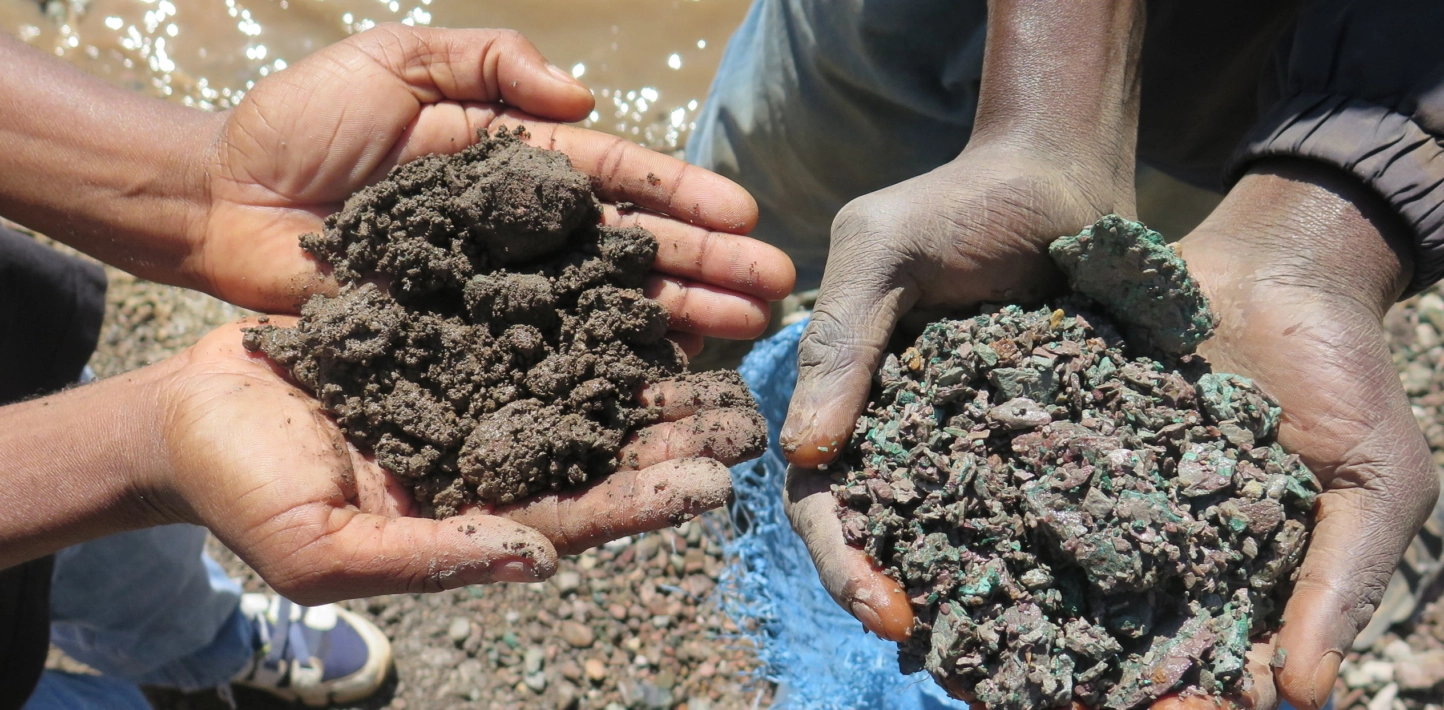BMW did the best among the electric vehicle manufacturers surveyed. It has made some improvements to its supply chain policies and practices with respect to cobalt, but still has not disclosed its smelters and refiners. It also has no plans to disclose any assessments of its smelters’ human rights due diligence practices.
“Cobalt plays a vital role in sustainable energy solutions. It is a key component in the batteries that power electric cars, and could also play a major part in developing green technologies like wind farms and solar energy. But demand for cobalt could also be sustaining human rights abuses,” said Joshua Rosenzweig, Strategy Advisor on Business and Human Rights at Amnesty International.
“As demand for electric cars grows, it is more important than ever that the companies who make them clean up their act. Governments also have a role to play here, and should take meaningful action on ethical supply chains, a priority when implementing green policies.”
Following international attention generated by Amnesty’s 2016 report, the DRC government has created a committee to address child labour in the mineral sector, and drafted a new national strategy aimed at removing children from all artisanal mines by 2025. While it is too soon to assess the impact of these actions, the current strategy lacks concrete timelines, clearly assigned responsibilities and an operational plan for implementation.
Huayou Cobalt, the key link between the DRC and many of the companies assessed in the report, has made some improvements since Amnesty’s January 2016 report, and has become more transparent. However gaps remain, making it difficult to assess the quality and effectiveness of its due diligence practices.
What should companies do next?
Companies have an individual responsibility to identify, prevent, address and account for human rights abuses in their cobalt supply chains.
Public disclosure of human rights risk assessments is a vital step that none of the companies in this report are taking. Companies should admit to human rights abuses existing in their supply chains if they find them.
Where a company has contributed to, or benefited from, child labour or adults working in hazardous conditions, it has a responsibility to remediate the harm suffered. This means working with other companies and the government to remove children from the worst forms of child labour and support their reintegration into school, as well as addressing health and psychological needs.
Background
Amnesty International wrote to all 29 companies as part of the research process (see below) and provided each with an opportunity to comment on our draft findings. The following companies disagreed with their ranking against at least one of the five criteria: Apple, BMW, Dell, Fiat-Chrysler, General Motors, HP, Hunan Shanshan, Microsoft, Sony, Tesla and Tianjin Lishen. Copies of the companies’ full responses are available here
Questions to companies reflected the five-step due diligence framework set out by the Organization for Economic Co-operation and Development (OECD) in its Due Diligence Guidance for Responsible Supply Chains of Minerals from Conflict-Affected and High-Risk Areas.
Amnesty International asked:
-
- Has the company taken steps to mitigate human rights risks or remediate harms related to its cobalt supply chain?
- Has the company disclosed information about the human rights risks and abuses in its supply chain?
- Has the company taken action to identify “choke points” and identify human rights risks and abuses?
- Does the company have robust policies and systems in place for its detecting human rights risks and abuses in its cobalt supply chain?
- Has the company investigated its supply links to the DRC and Huayou Cobalt?

